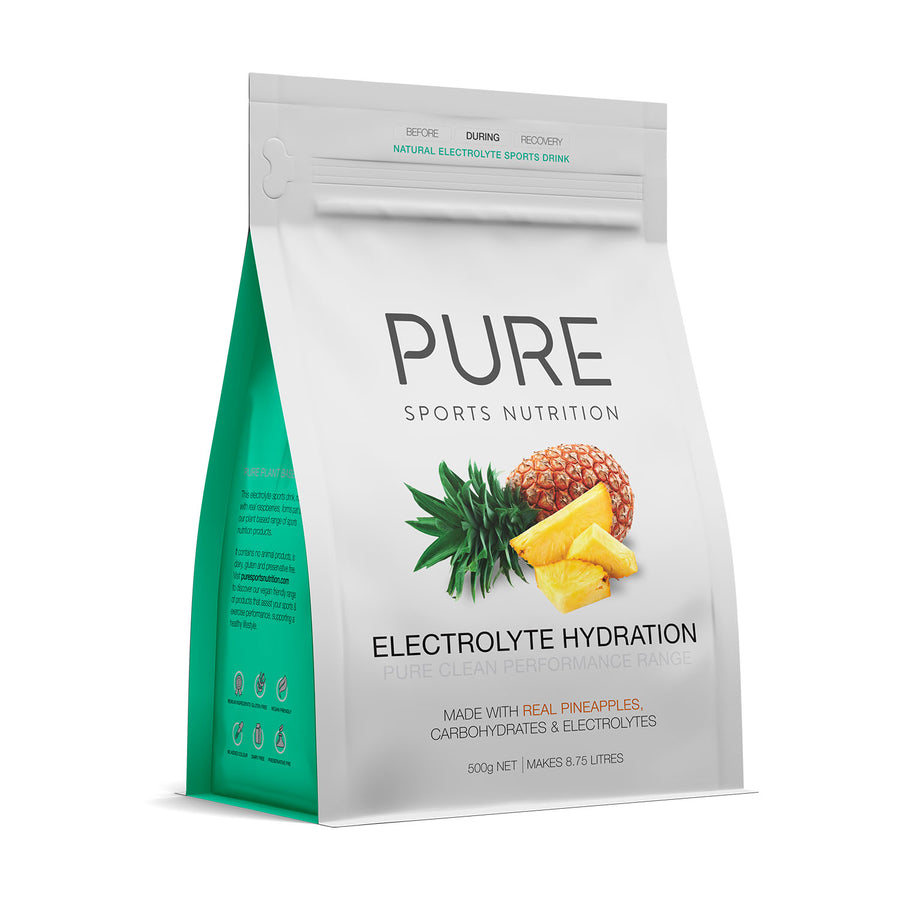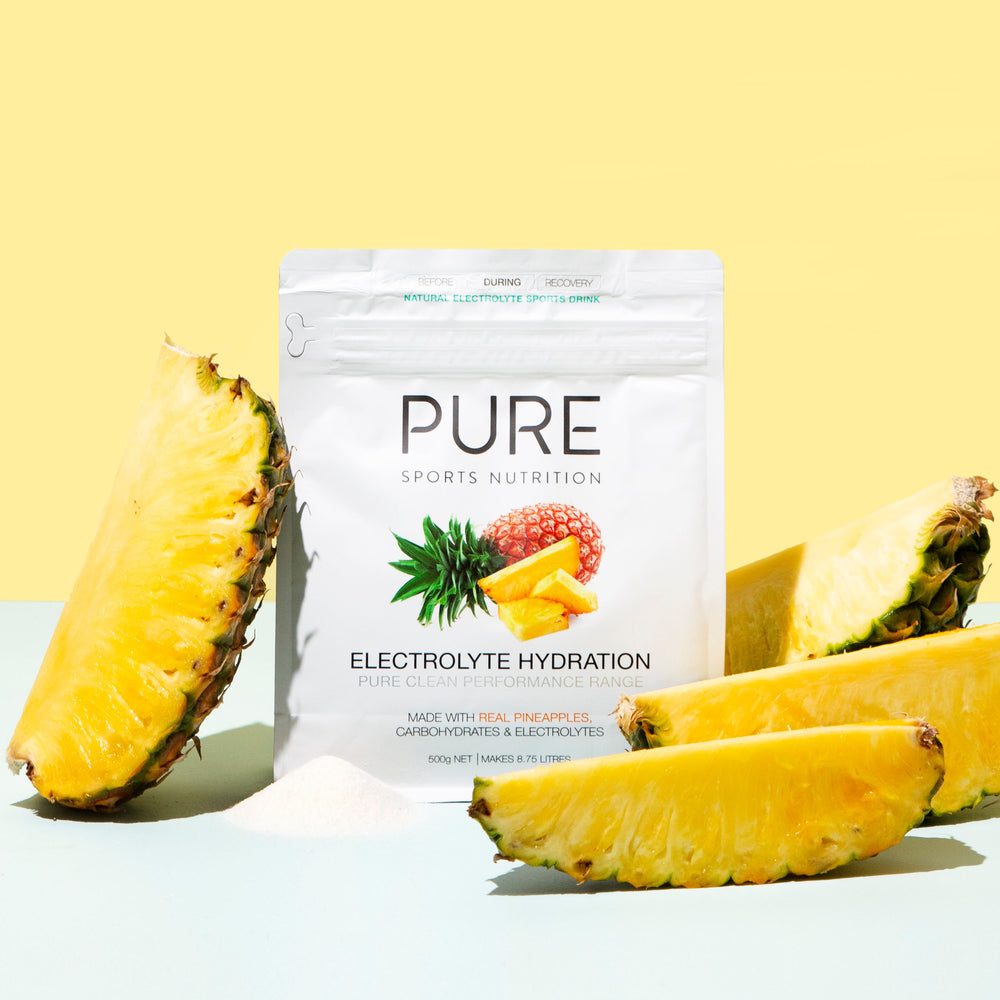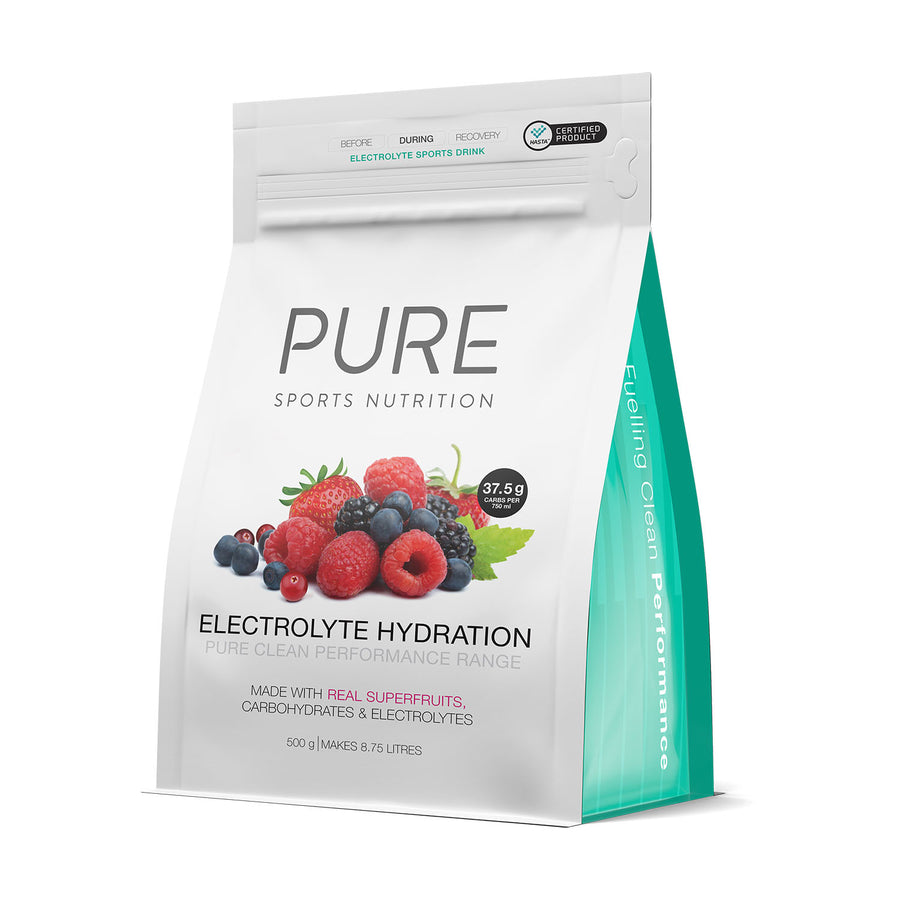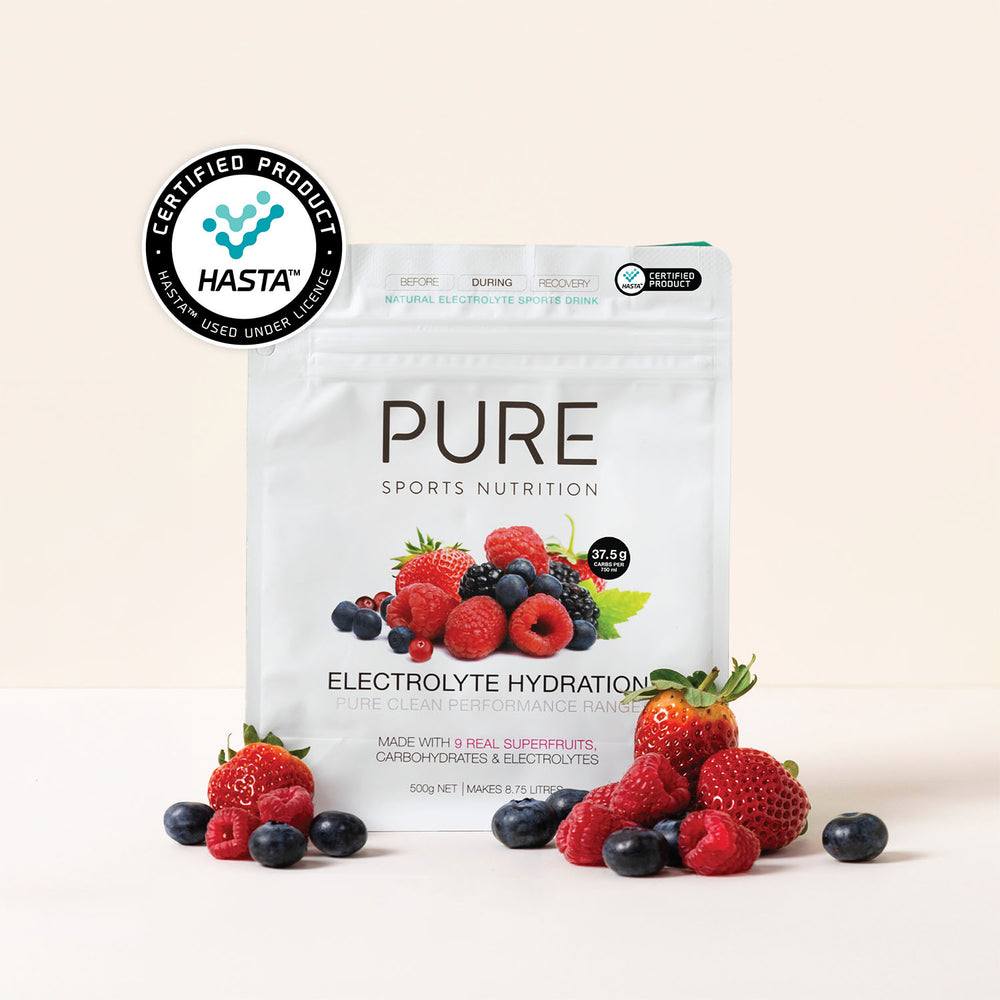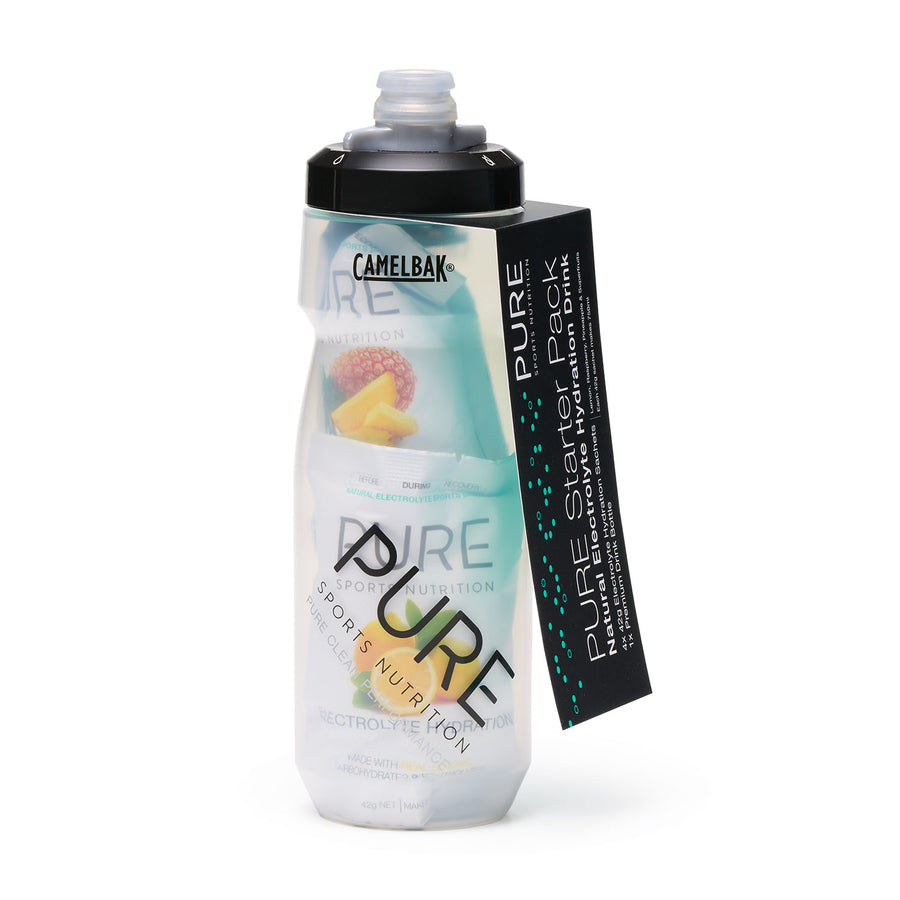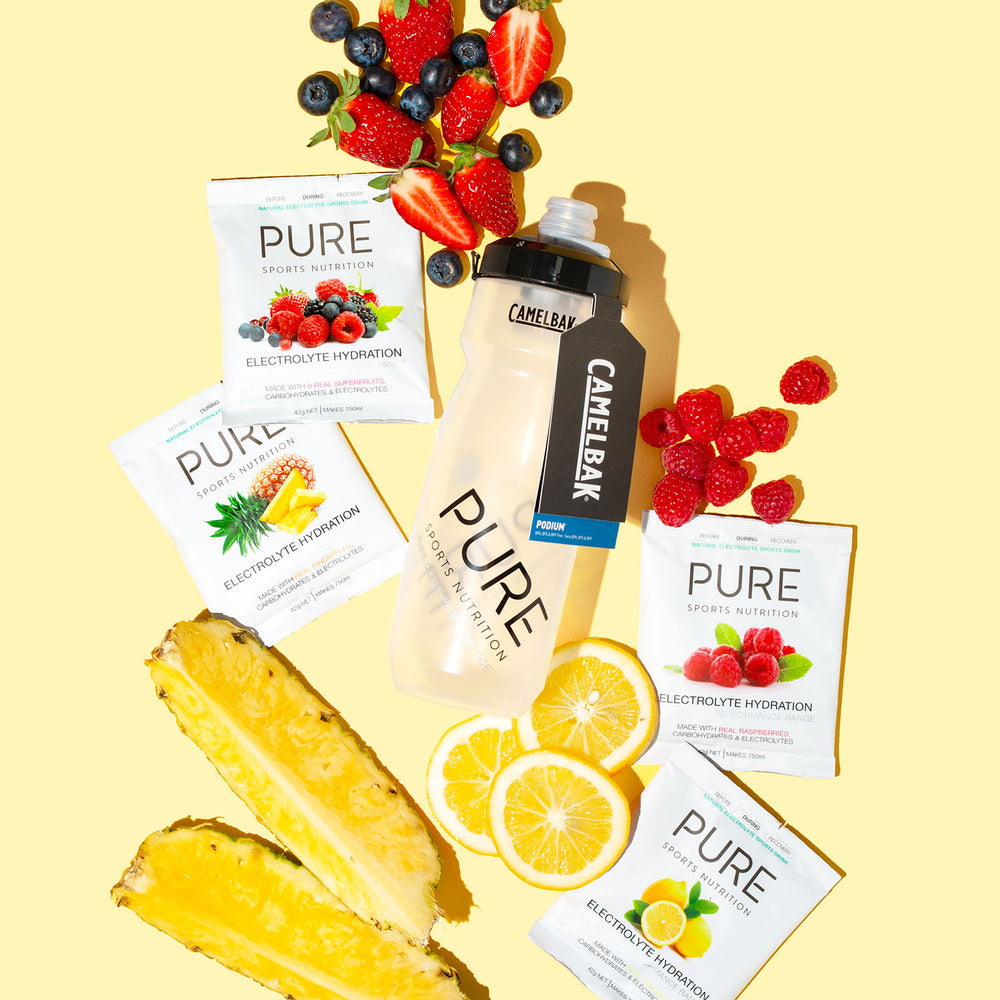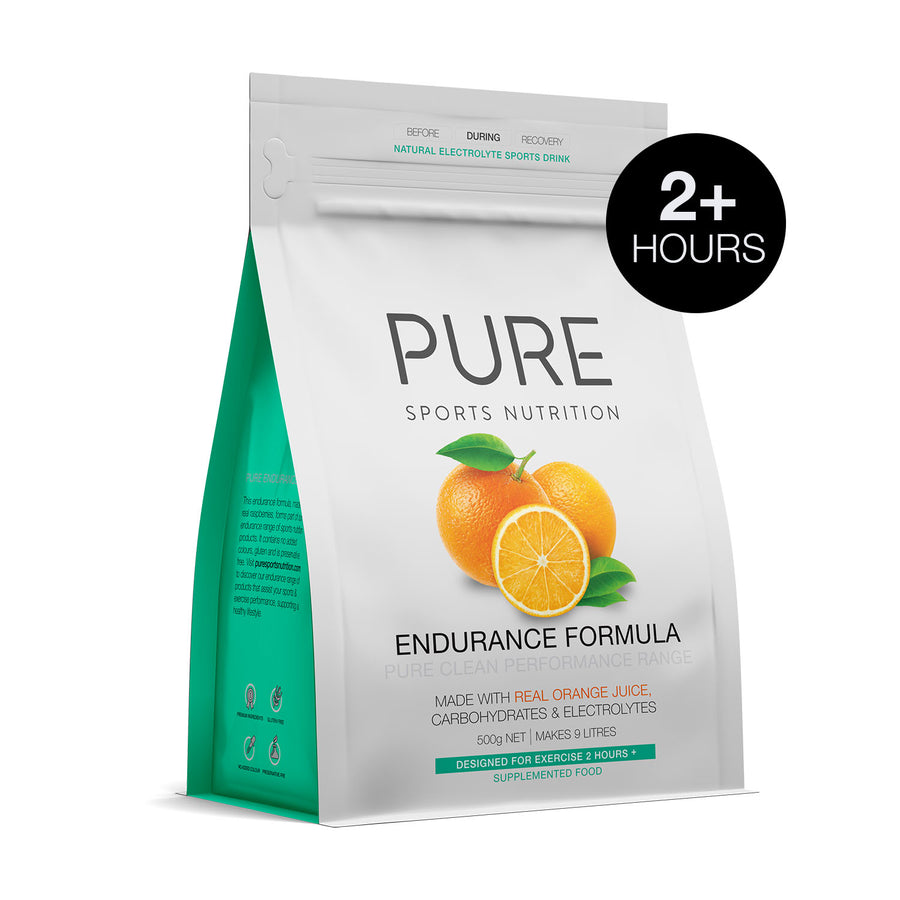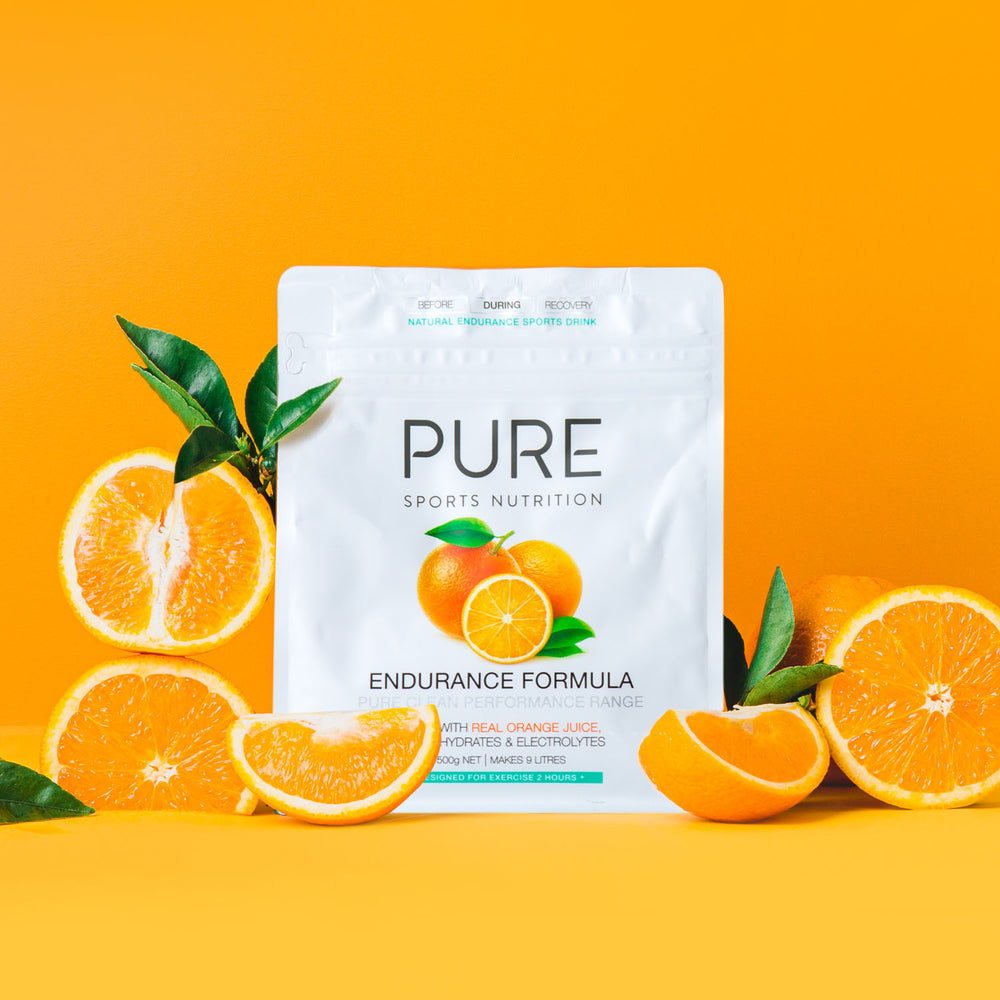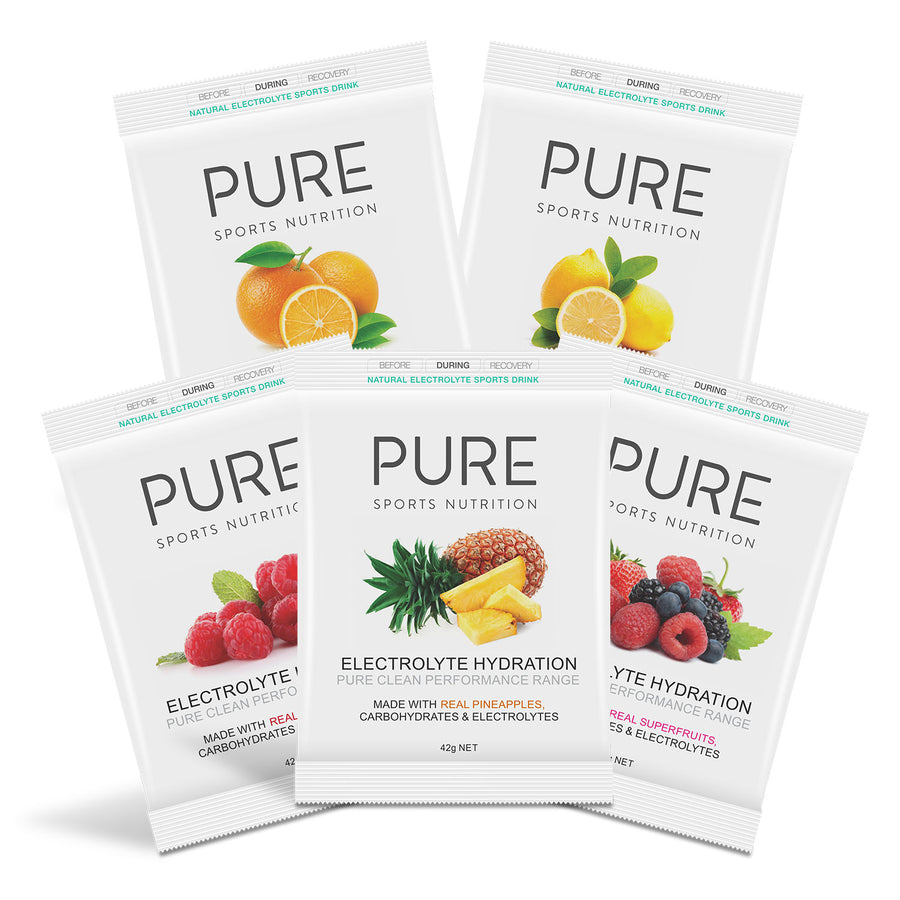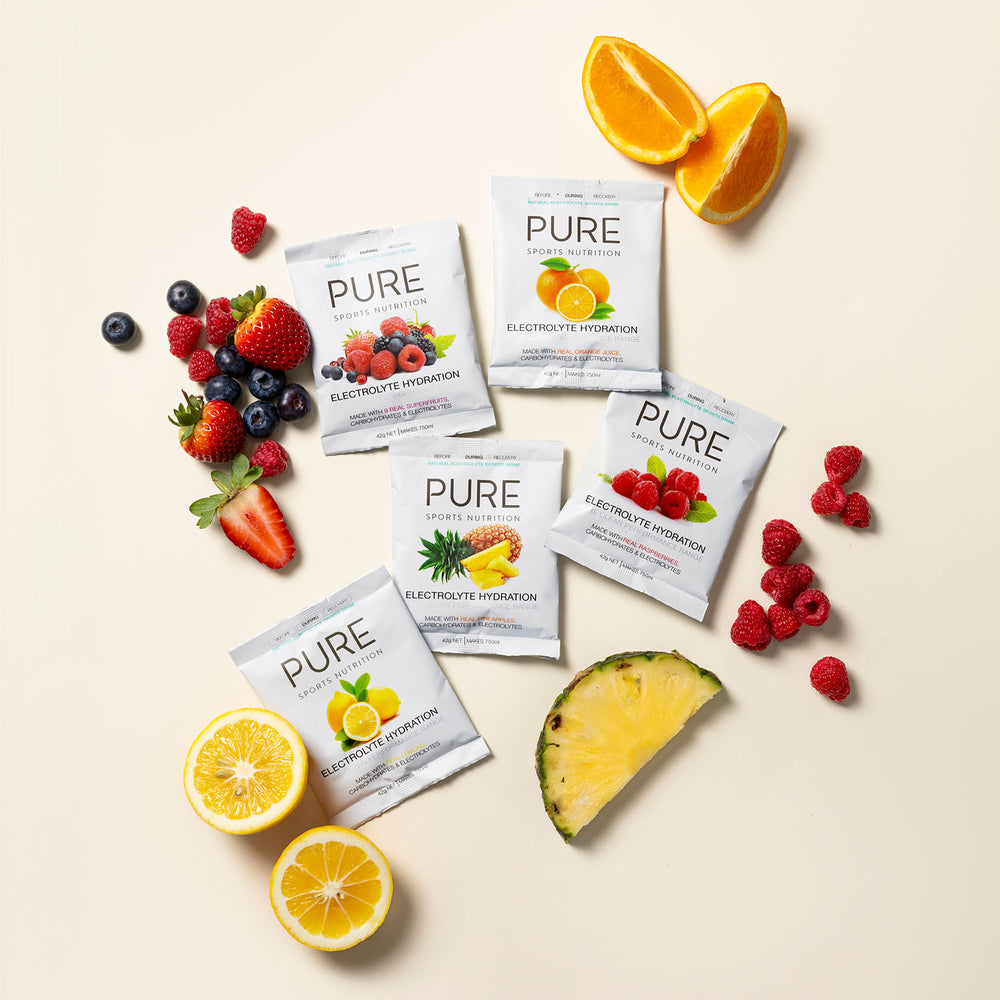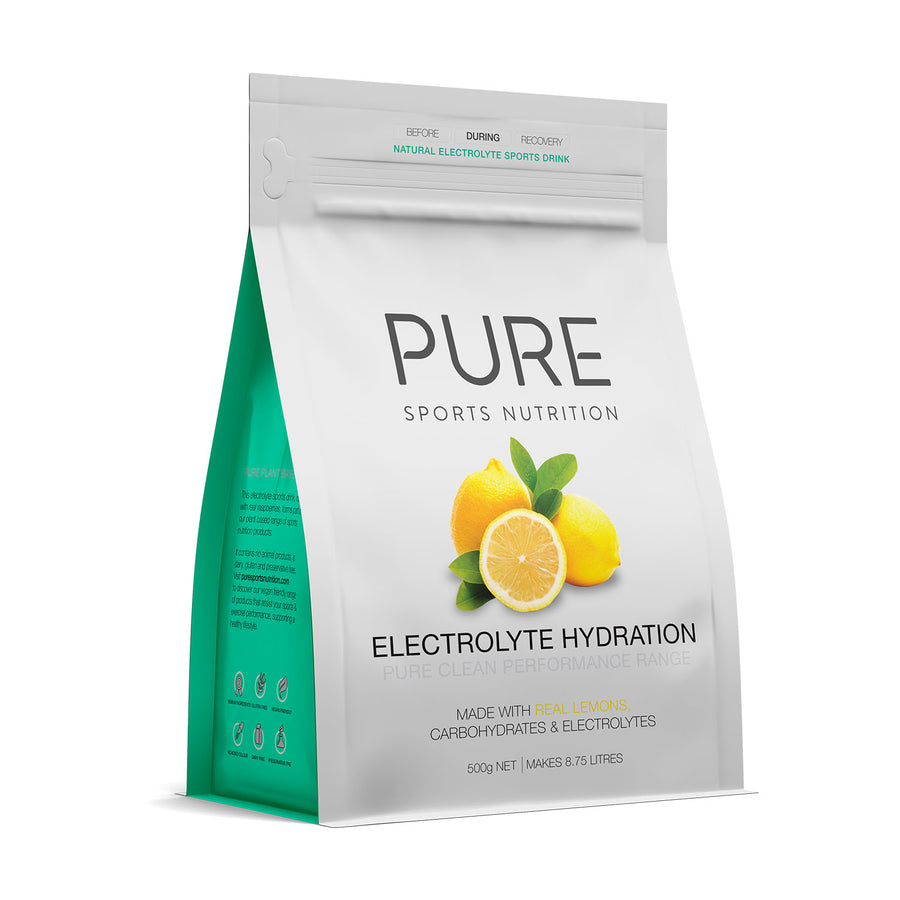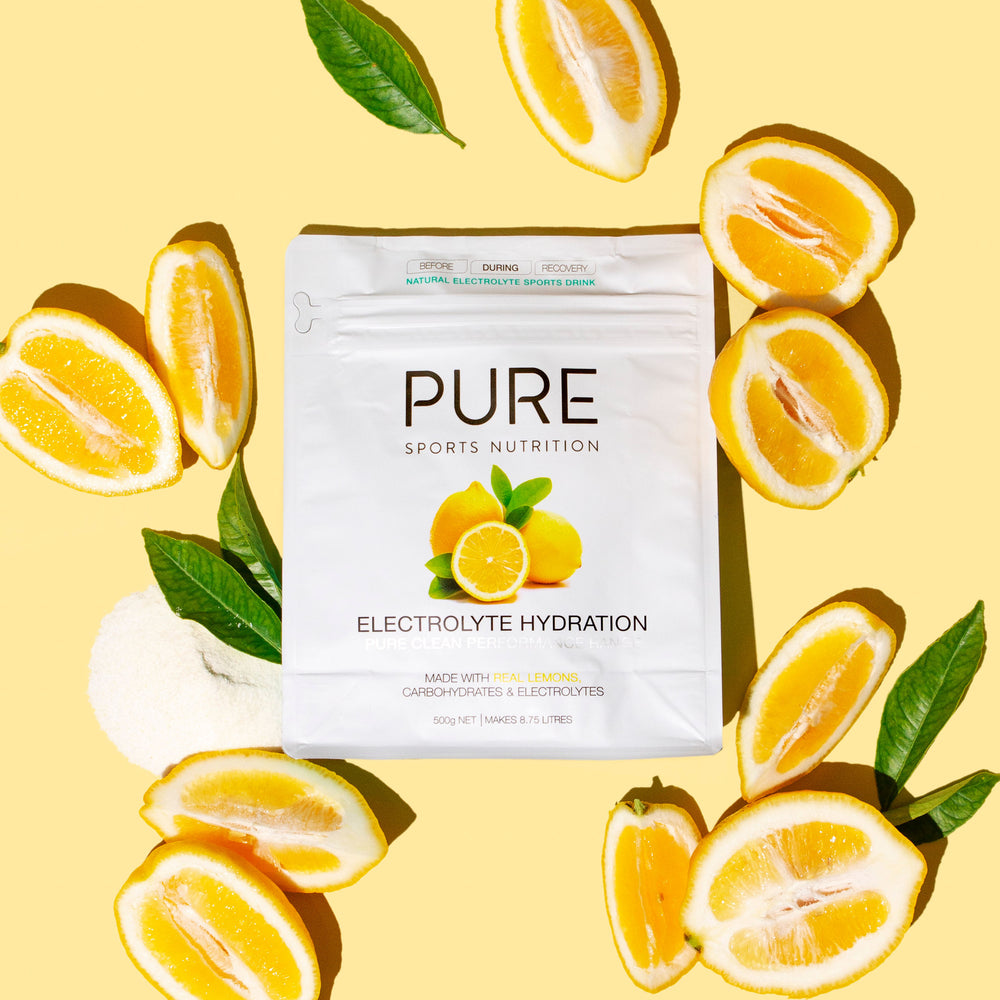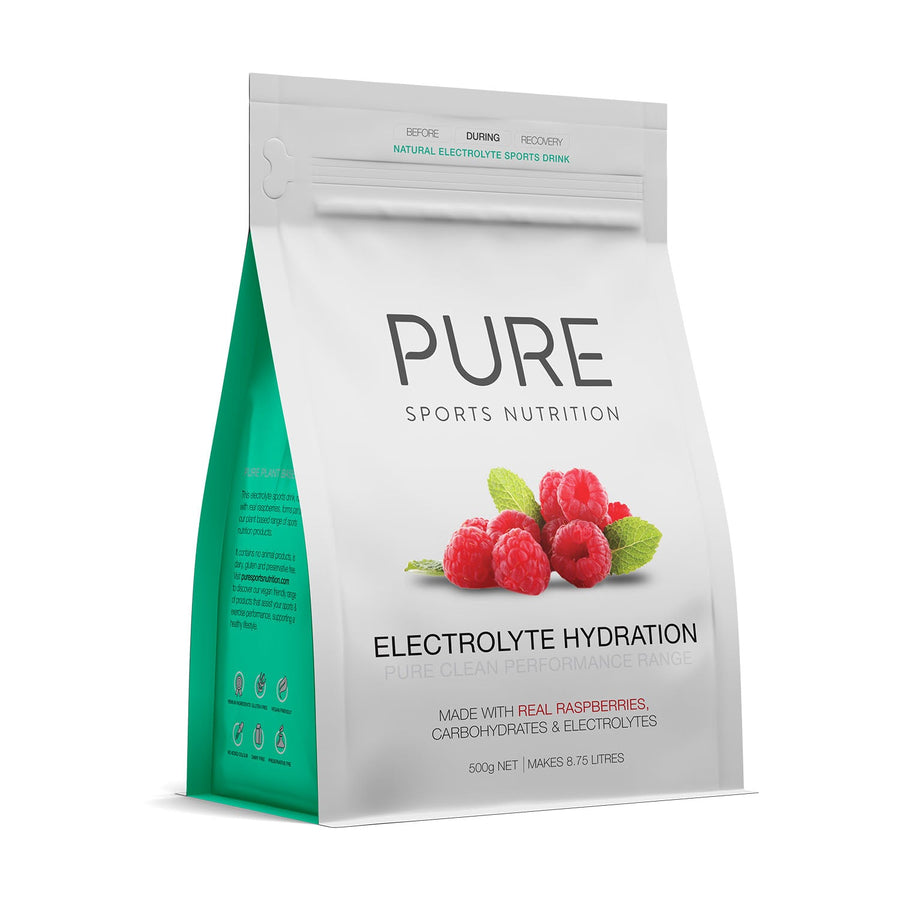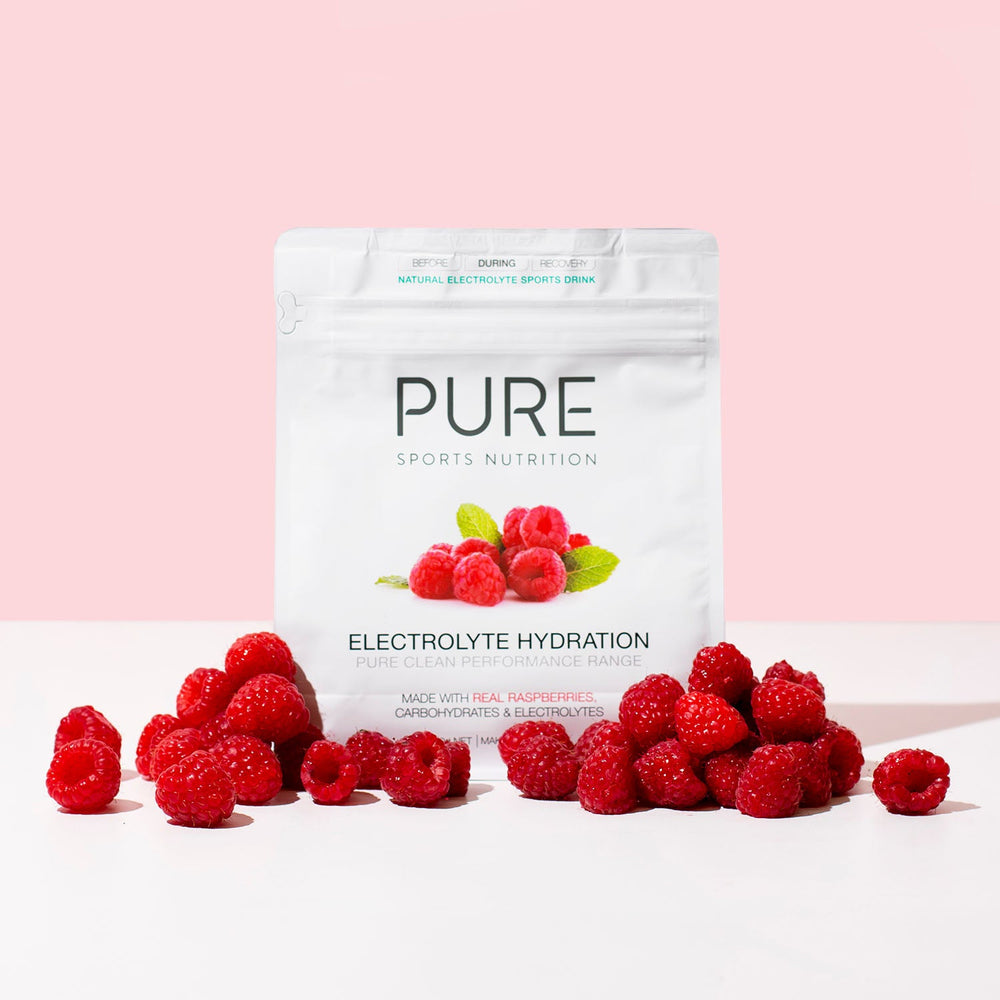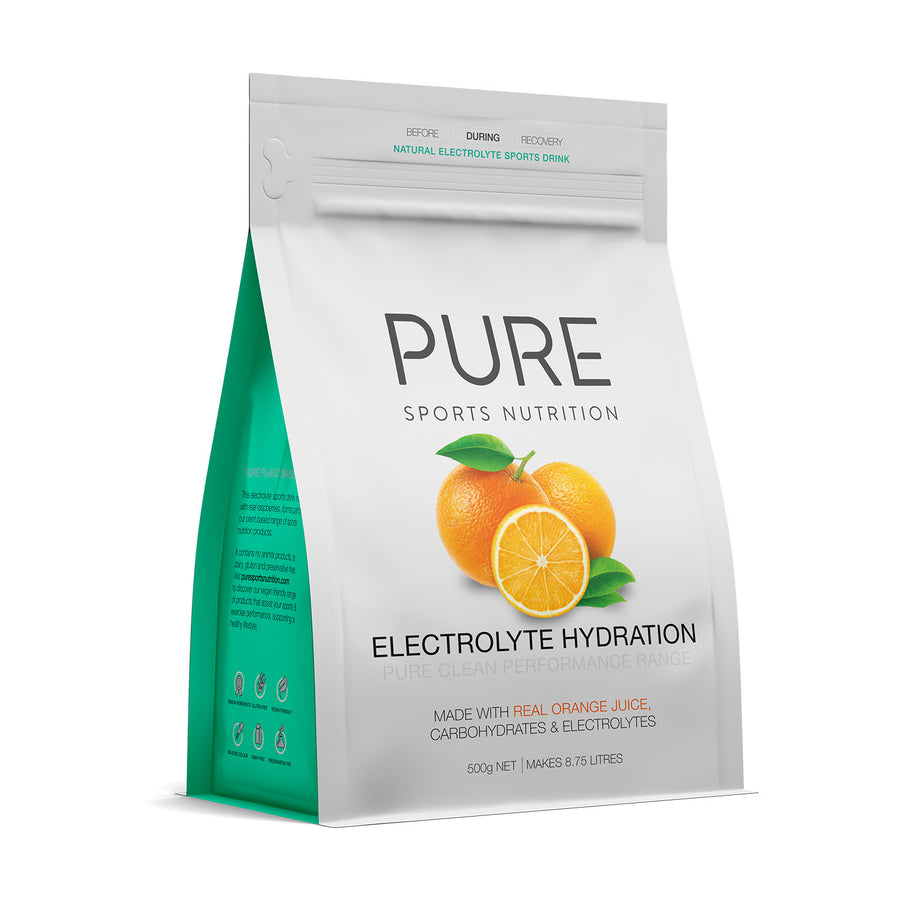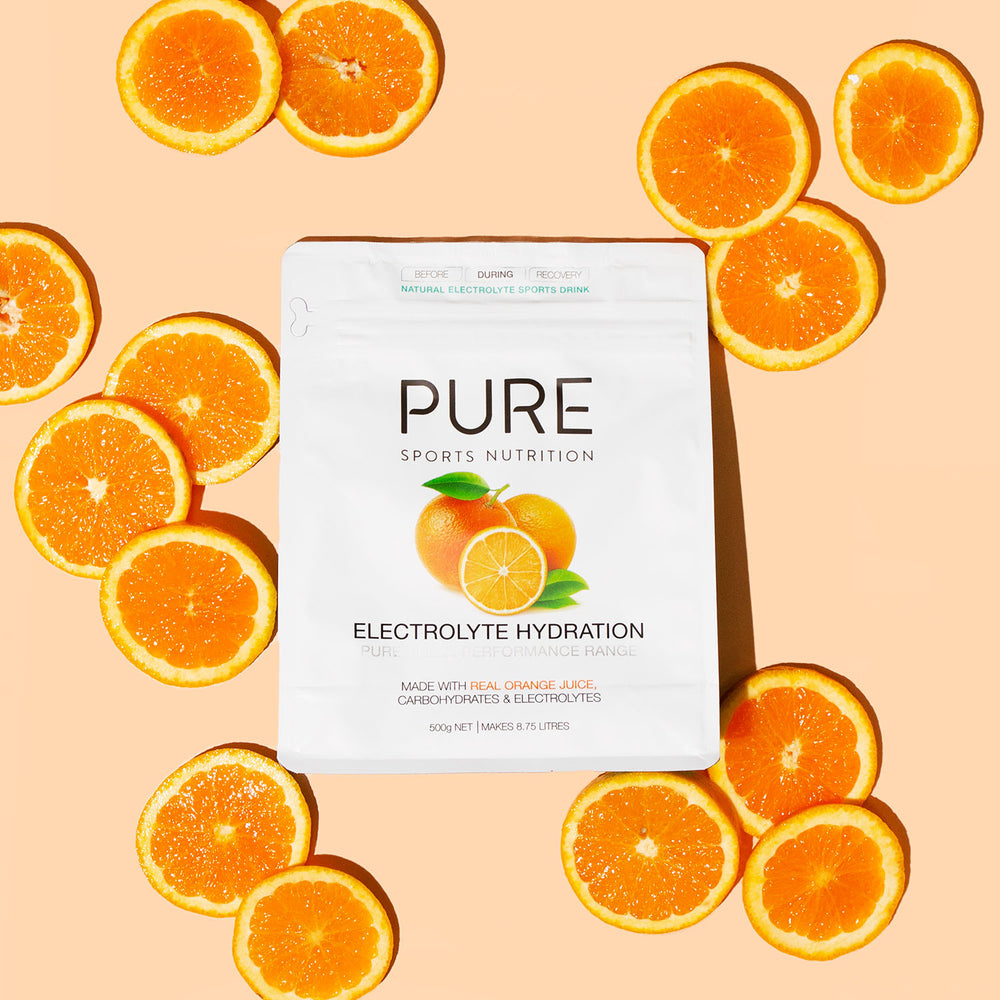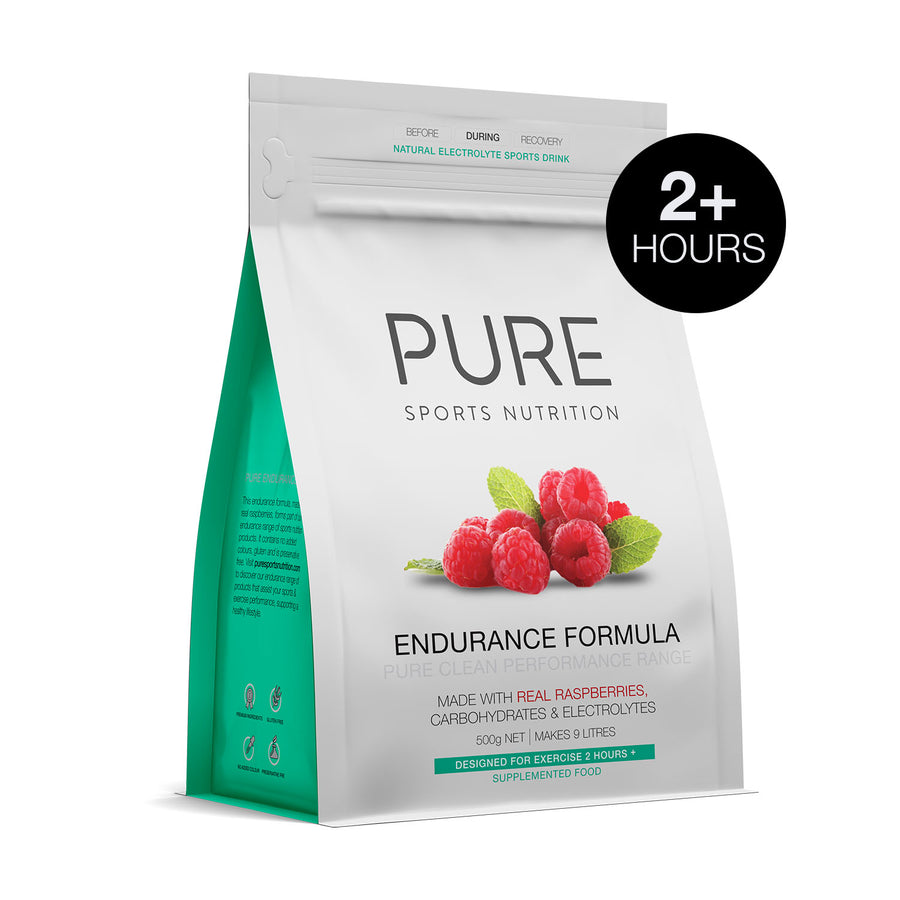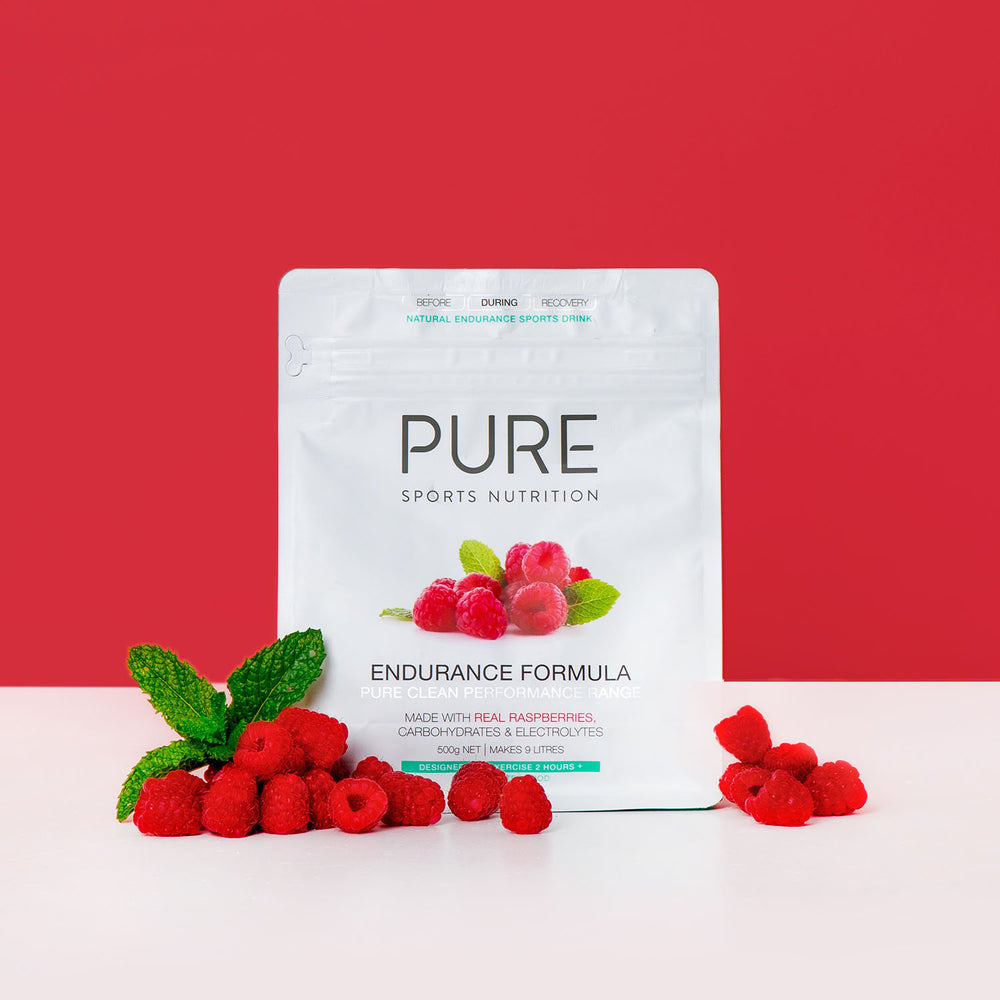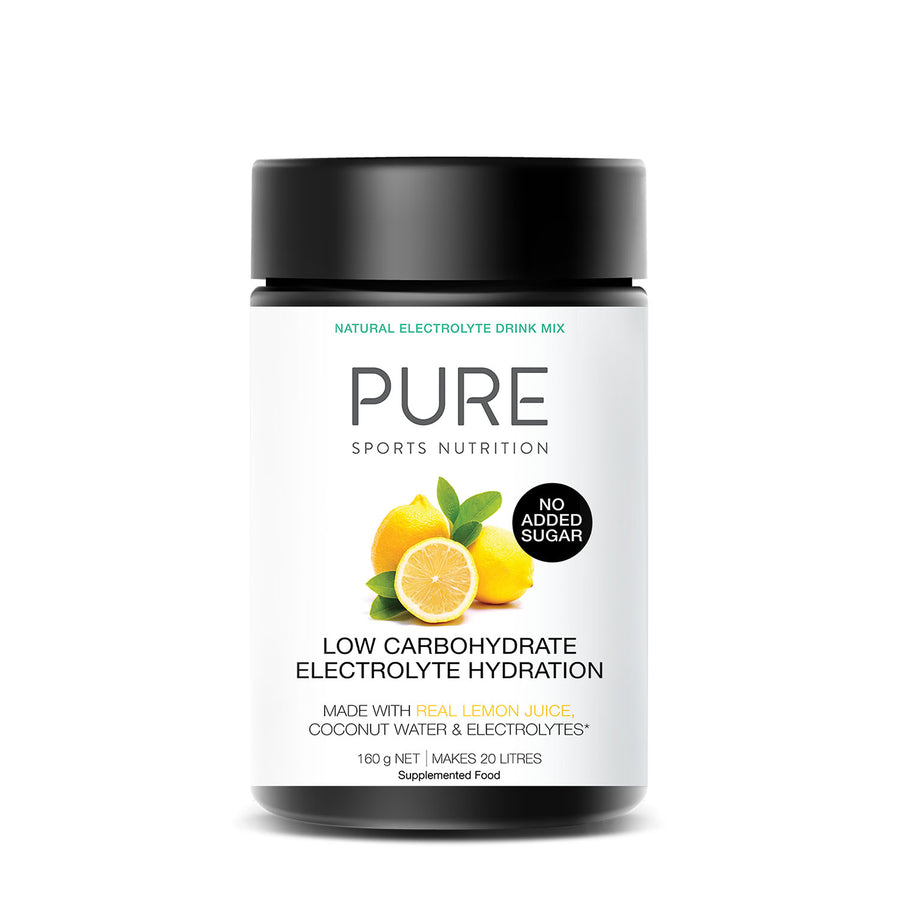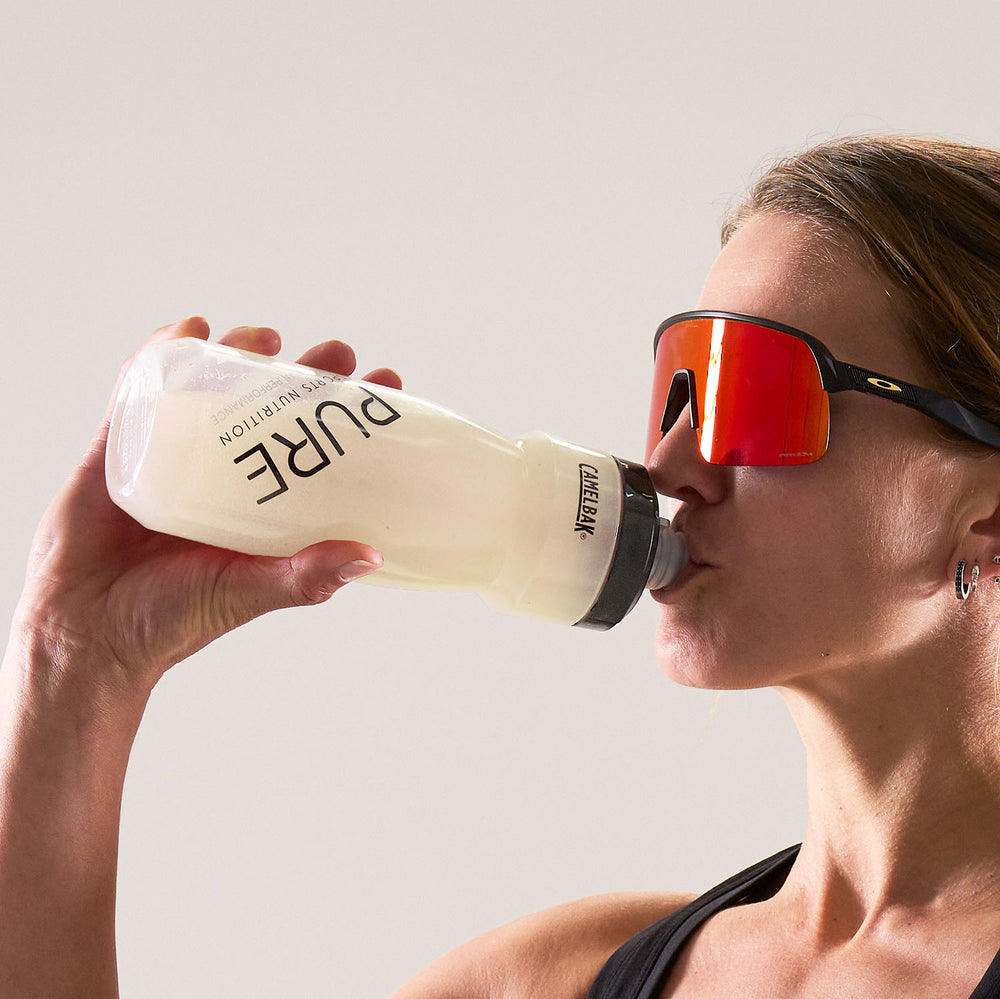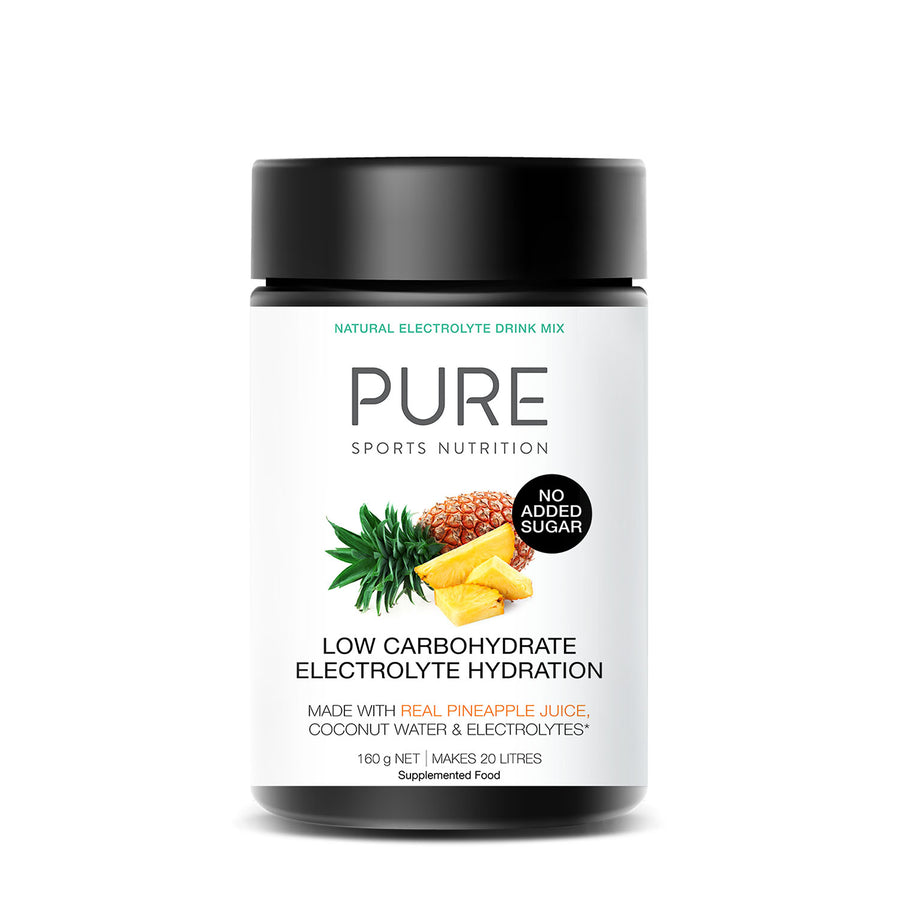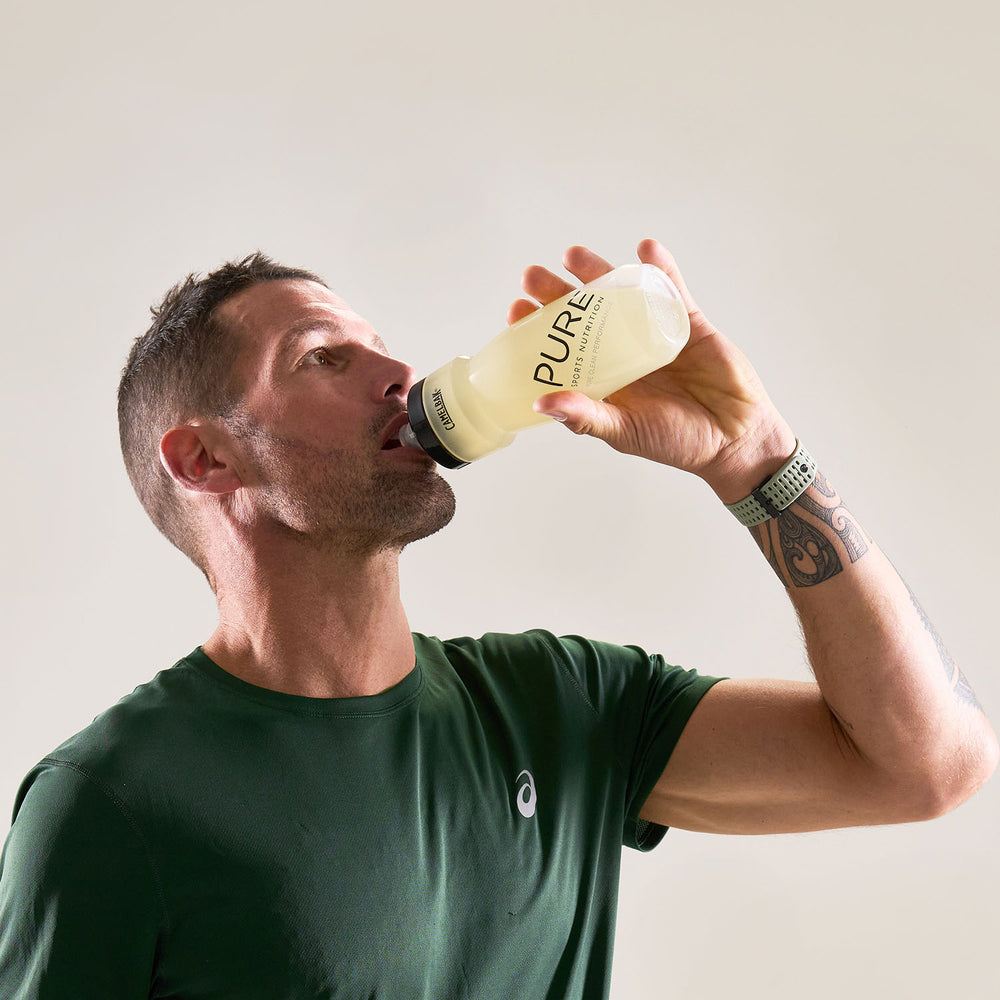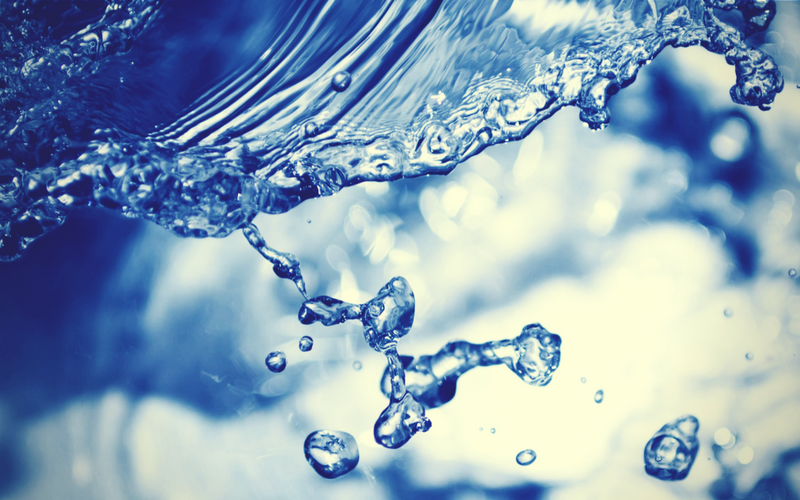
Hydration 101; What to Drink and When
Water.
This is a daily necessity with most of our body made up of water itself. Hydration is a really important part of everyday health so we need to ensure drinking water is a solid habit in our daily routine.
Depending on body size your daily requirement will be between 2 - 3 litres per day. If you live in hot or humid conditions, naturally sweat lots or exercise daily, your intake will higher than average. Spread your intake out over the day to ensure you're nicely hydrated. It's handy to note that once you're thirsty, dehydration has already kicked in so it's likely you’re not drinking enough.
Generally, water is adequate for sessions of low to average intensity lasting up to 1 hour where any energy or electrolytes requiring replacement in your body, can be made through normal food and fluid intake. Be aware if you are training indoors then your sweat rate and therefore fluid needs may increase.
Be sure to start exercise sessions well hydrated to help prevent the early onset of fatigue and to get more out of your training. The same rule applies to recovery, especially as your sweat rate can remain high once your session is over.
Sports Drink.
Generally, the main components of sports drink are fluid (water), carbohydrates (sugars) and electrolytes (mineral salts). In simple terms, the aim of a good sports drink is to get the water, sugars and electrolytes absorbed into your body through the fastest possible mechanisms, with the least amount of discomfort to replace substances the body requires to perform at your best. Easy right?
Actually, there is quite a bit of science behind getting the ingredient types, quantities and ratios spot on to get the job done. Not to mention taste, which is a major component to encouraging frequent drinking. Again many factors determine individual requirements (age, gender, size, fitness level and environment) but generally between 500-900mls per hour of exercise should be sufficient in normal situations.
Note, in New Zealand and Australia a sports drink must have a minimum of 5% carbohydrates (sugars), up to a maximum of 10%, when made up as directed, to be legally called an electrolyte drink.
Related Articles:
- What are electrolytes and why are they important in sport?
- Hydration tips for hot & humid climates
- How to select fuel for training & race day
Quick tips.
- Weigh yourself before and after and aim to limit weight loss to less than 2% body weight
- Chill your fluid to help keep your core temperature down (and some say it's refreshing on the palate, therefore promotes drinking)
- Light urine colour can represent good hydration, however, don’t solely rely on this as particularly post-race your body may not be retaining fluid, giving your urine a false sense of security. Note: remember supplements can also alter the colour.
- Start drinking early on in the session (10-15 minutes)
- Teach yourself to drink at frequent intervals (from 5-10 mins) so your stomach is getting a content fluid supply.
About Marewa

Marewa Sutherland is a qualified Sports & Exercise Nutritionist (BAppSc, University of Otago) and co-founder of PURE Sports Nutrition.
